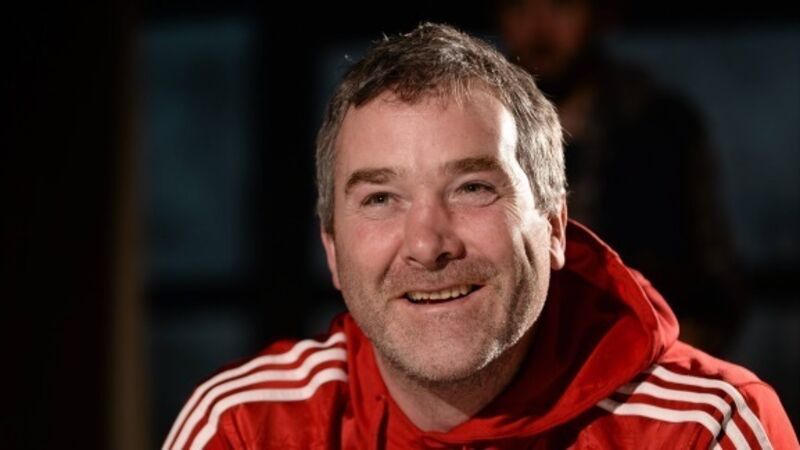2011 big interview with Anthony Foley: ‘My influences are Shannon, Munster and Ireland’

T was supposed to be all over after Toulon. A season, an era. When, for the first time in 13 years, the cavalry in red didn’t ride in to save their own day, it triggered a wave of unflattering post-mortems as forceful as all the gushing eulogies. Munster hadn’t planned for tomorrow, which was why they now had none after Toulon.
Even now, that theory causes the pit of Anthony ‘Axel’ Foley’s stomach to stir. Last Saturday night, he greatly enjoyed his pint in the Clarion Hotel but as dramatic and as sweet as the securing of those bragging rights was, he was painfully aware how fleeting they were, too.















